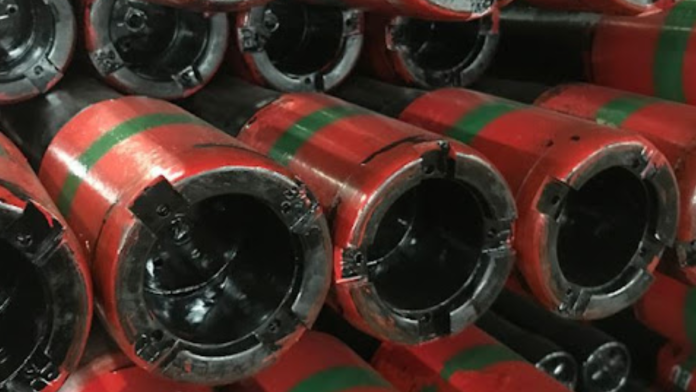Traceability is a critical component of quality control and accountability in API 5CT casing, particularly in the oil and gas industry. In the complicated web of well construction, where structural integrity is critical, traceability is a keystone for assuring operational reliability and safety. In the context of API 5CT, traceability is more than just a procedural requirement; it is a powerful mechanism that improves transparency, accountability, and quality control.
API 5CT requires standardized marks that incorporate critical information such as material grade, size, manufacturer, heat number, and thread type. These markings leave a trail of information that proves useful during quality evaluations in the event of anomalies or failures. The importance of traceability in casing api extends beyond the manufacturing stage to the well site, where these marked components seamlessly integrate into the complex wellbore environment.
The Significance of Traceability in API 5CT Casing
Traceability is a critical aspect of the manufacturing and application of API 5CT casing, a standard established by the American Petroleum Institute (API) for steel pipes used in the oil and gas industry. This article explores why traceability is paramount in API 5CT casing, delving into its importance.
Ensuring Material Integrity
Ensuring material integrity is an essential component of API 5CT casing traceability. The procedure begins with thorough surveillance of raw materials to ensure they fulfill the stringent specifications set for each casing grade. By tracing the origin and composition of steel used in manufacture, the industry ensures casing structural robustness, which is required to survive the diverse and severe downhole conditions found in oil and gas wells.
Quality Control and Consistency
Quality control and consistency are critical to API 5CT casing traceability. Comprehensive tracking throughout the manufacturing process enables rigorous quality control procedures. Every stage of the process, from material acquisition to manufacture, is documented to ensure that the stated requirements are met. This rigorous control ensures that the mechanical and chemical qualities of the casing remain consistent, contributing to the product’s overall reliability.
Compliance with API Standards
Traceability in the API 5CT casing is critical for meeting API specifications. Manufacturers ensure that each casing piece meets the strict API 5CT criteria by thoroughly tracing its origin and processing. This comprises dimensions, chemical composition, mechanical qualities, and testing methods. The ability to trace the whole production process assures that the finished product fulfills industry standards, encouraging quality, dependability, and safety in well building.
Facilitating Quality Assurance Audits
API 5CT casing traceability makes quality assurance audits easier by giving detailed records of the casing’s route. Audits may be conducted by regulators, industry bodies, or customers to guarantee standard compliance. The availability of complete traceability data allows producers to demonstrate their commitment to quality and API 5CT compliance. These records are useful evidence during audits because they demonstrate the reliability and consistency of the casing production process.
Accountability and Liability
Traceability in the API 5CT casing is critical for proving accountability and liability across the supply chain. In the case of a problem or failure, the ability to trace each casing piece back to its raw materials and production procedures identifies those responsible. This traceability is critical for addressing issues, initiating remedial actions, and assuring compliance with industry norms and regulations. It creates a clear chain of accountability within the manufacturing and supply networks.
Enhancing Wellbore Integrity
Traceability in the API 5CT casing greatly improves wellbore integrity. Understanding the whole history of each casing component, including its raw materials and production processes, allows the industry to make educated decisions throughout well building. This decreases the danger of utilizing substandard materials while also ensuring that the casing can survive harsh downhole conditions, adding to the wellbore’s overall stability, safety, and reliability.
Summary
Traceability in API 5CT casing is more than just a procedural formality; it is a foundation of quality assurance. The industry maintains the safety and reliability of casing materials by painstakingly recording and tracing their route from genesis to application. In the changing and demanding world of well building, traceability is still a critical component of maintaining the highest standards and preserving the long-term integrity of oil and gas assets.










